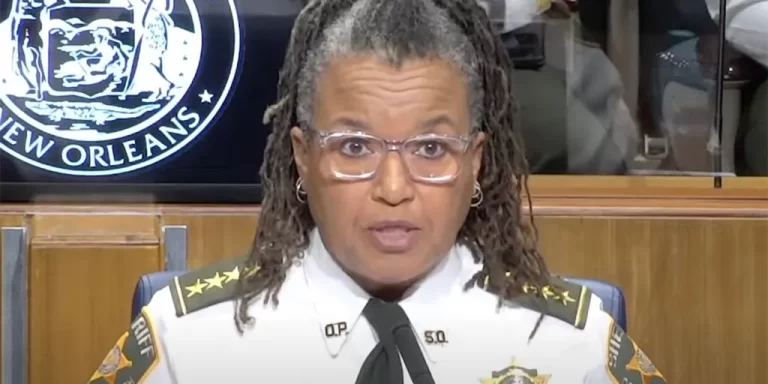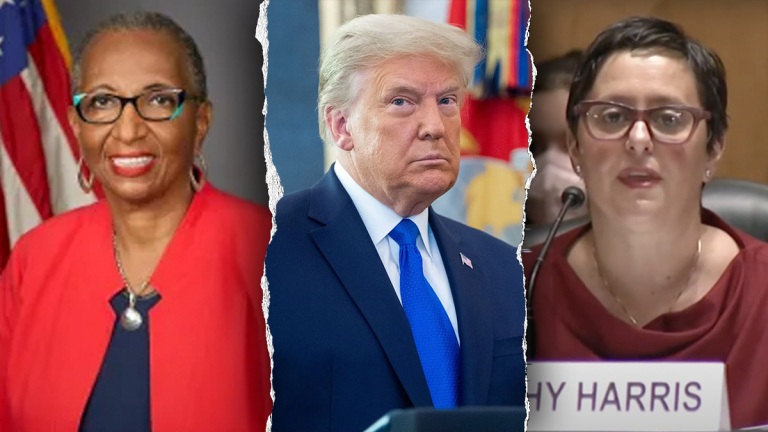
May 20, 2025 | Washington, D.C. — The U.S. Supreme Court has issued a temporary order reinstating the voting rights of Maine State Representative Laurel Libby, following a months-long dispute over a social media post that ignited fierce debate around free speech and legislative authority.
Rep. Libby, a Republican representing House District 90, had been barred from voting in the Maine House after she published a Facebook post in February that identified and criticized a transgender high school athlete who had recently won a girls’ track-and-field event. Her post included the student’s name and photographs, prompting an outcry from lawmakers and the public.
In response, the Maine House passed a censure resolution accusing Libby of endangering a minor and violating ethical standards. She was ordered to apologize and cease her conduct; when she refused, she was prohibited from participating in debates or casting votes until she complied with legislative rules requiring “satisfaction” for violations of chamber conduct.
Libby filed a lawsuit in federal court, joined by six of her constituents, arguing that the punishment silenced her district’s representation and violated democratic principles. Both the district court and the First Circuit Court of Appeals declined to intervene. Libby then appealed to the Supreme Court, stating that her constituents were effectively disenfranchised by the legislature’s decision.
On Tuesday, the high court granted an emergency injunction allowing Libby to resume her legislative duties while her case continues. The majority did not offer a detailed explanation, but Justices Sonia Sotomayor and Ketanji Brown Jackson dissented, cautioning against judicial overreach in internal legislative matters.
The case has highlighted a broader national debate over the intersection of free speech, gender identity, and the role of elected officials. Maine’s Attorney General Aaron Frey defended the legislature’s authority to discipline its members, warning that the Court’s intervention could undermine long-standing legislative independence.
“This case reaches deep into the constitutional tradition of separation of powers,” Frey said. “Legislative bodies must retain the authority to govern their own processes without judicial micromanagement.”
Libby, who was first elected in 2020 and is serving a term through 2026, has remained defiant. “This isn’t just about me — it’s about the people of District 90 and their right to be heard,” she said in a statement following the ruling.
The case is now poised to continue in lower courts, where its outcome could set precedent for how far legislative bodies can go in disciplining their members — and whether controversial speech, even when directed at minors, is protected when it comes from an elected official.



